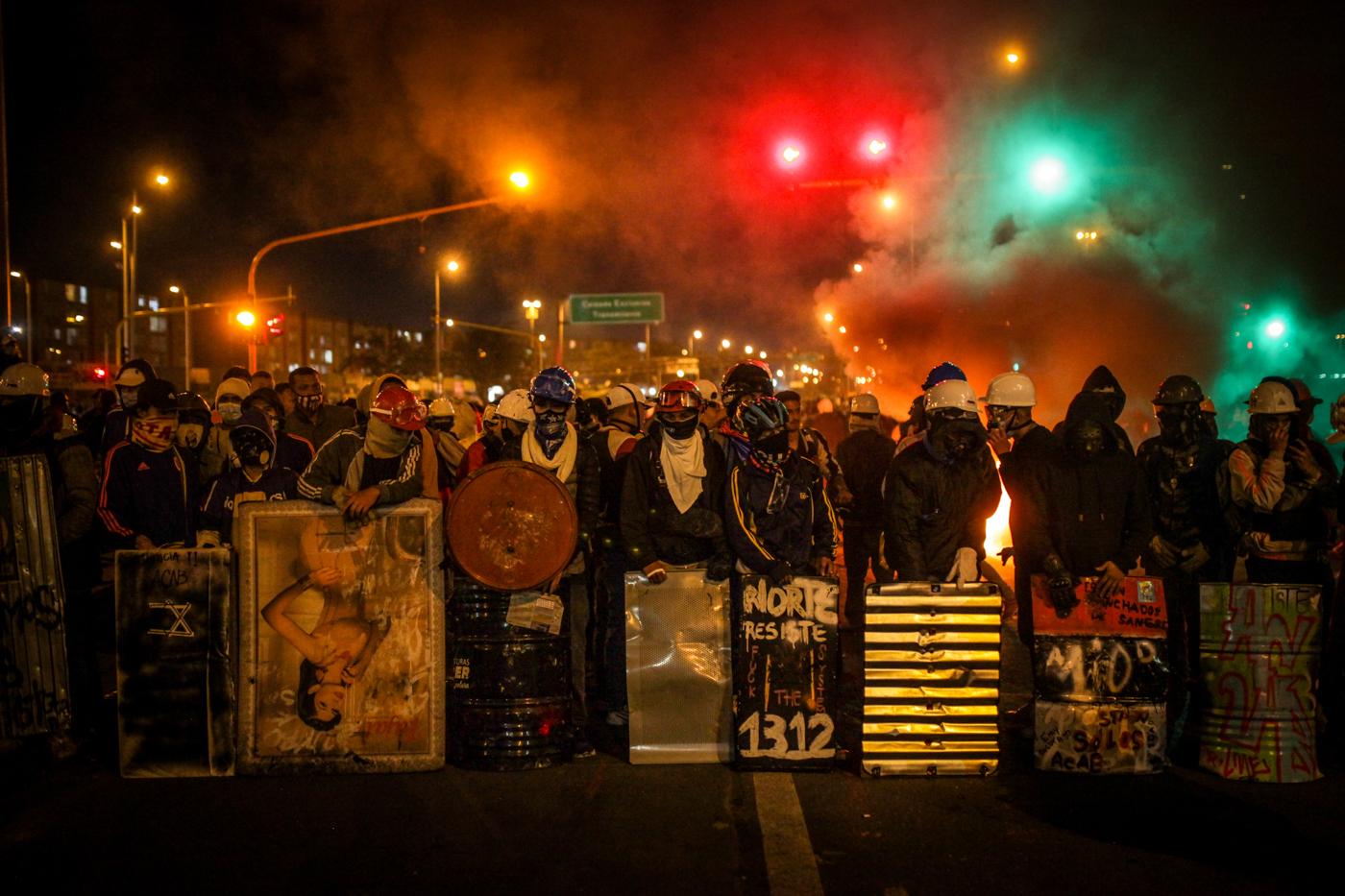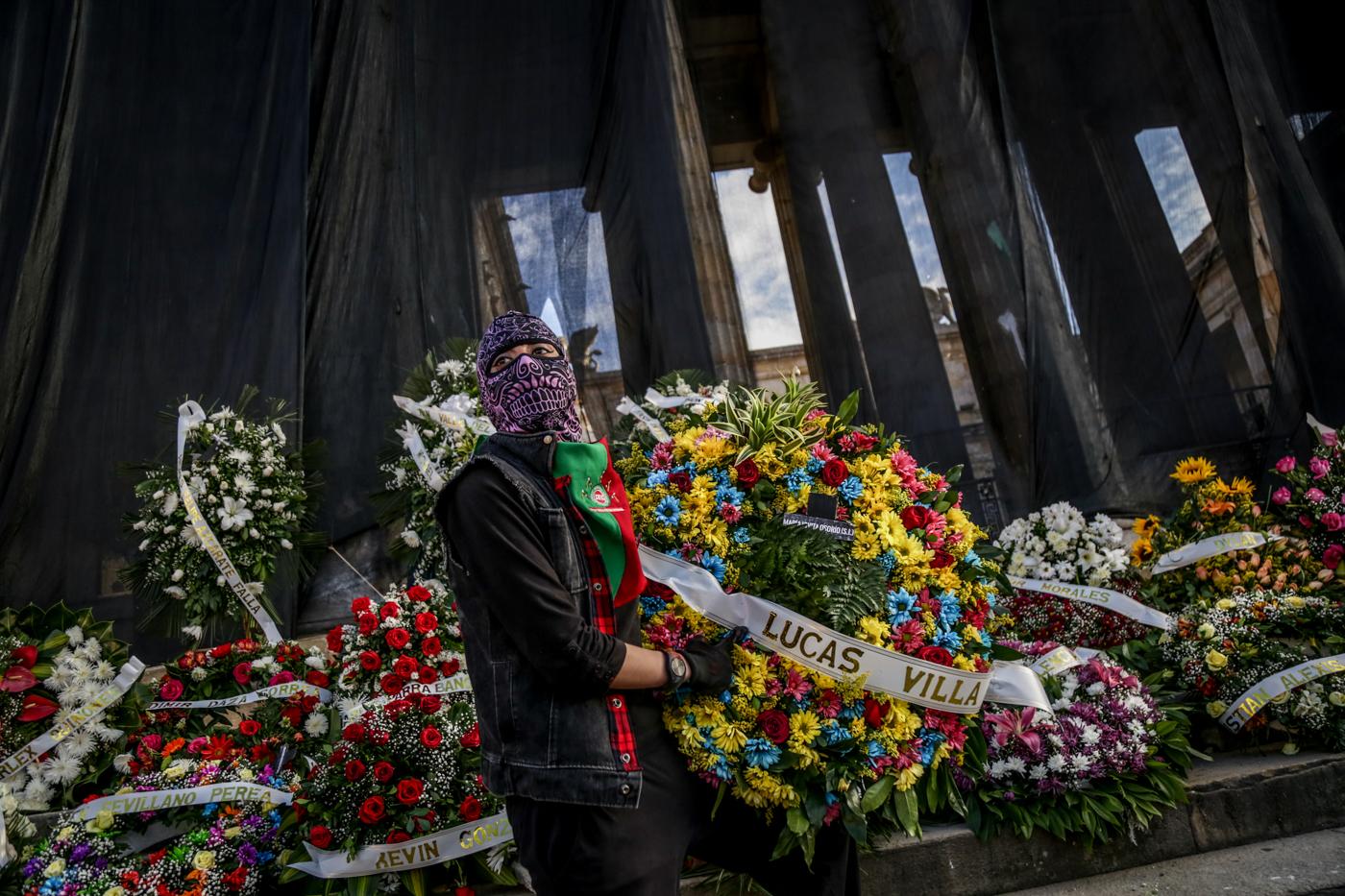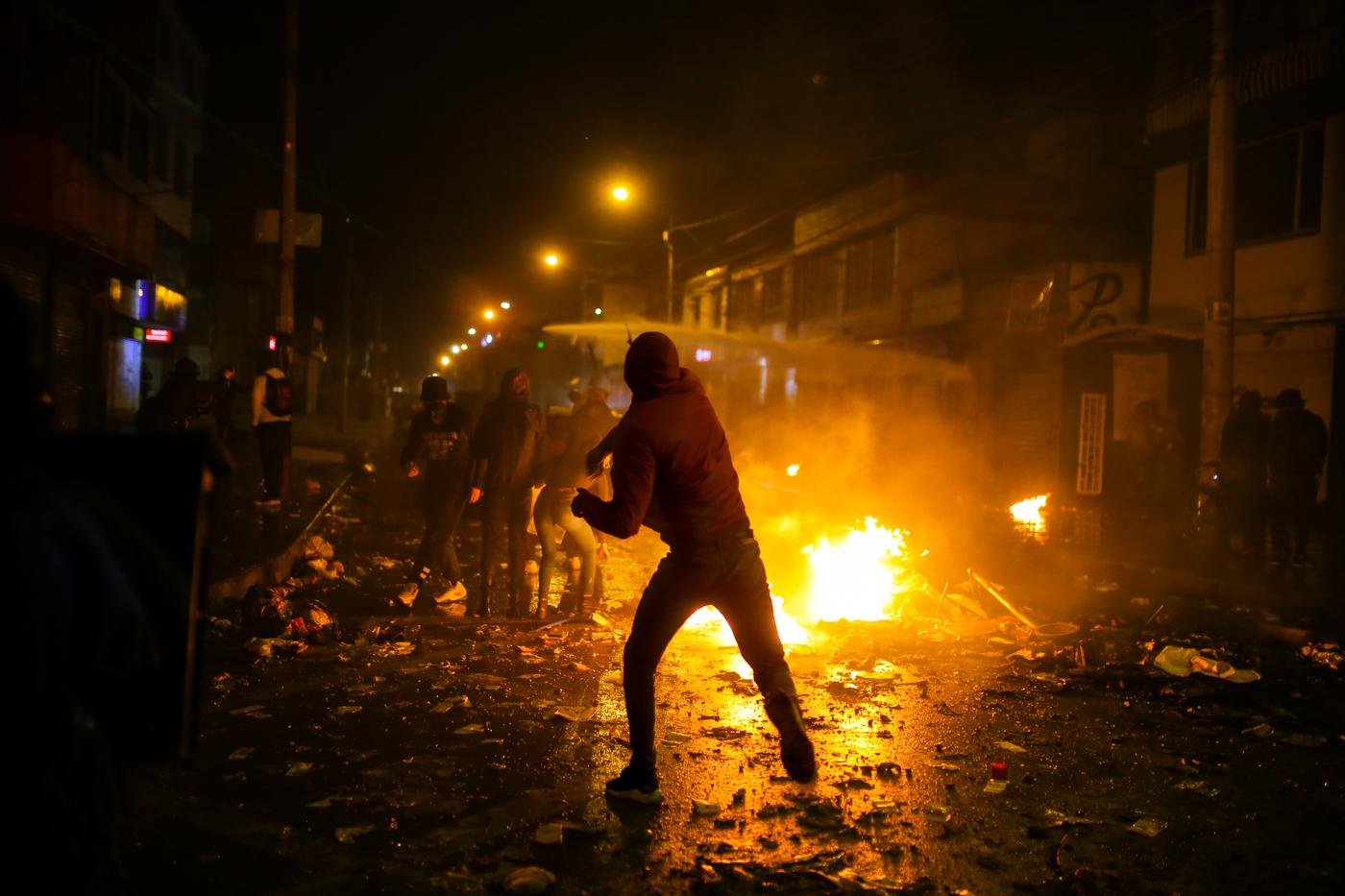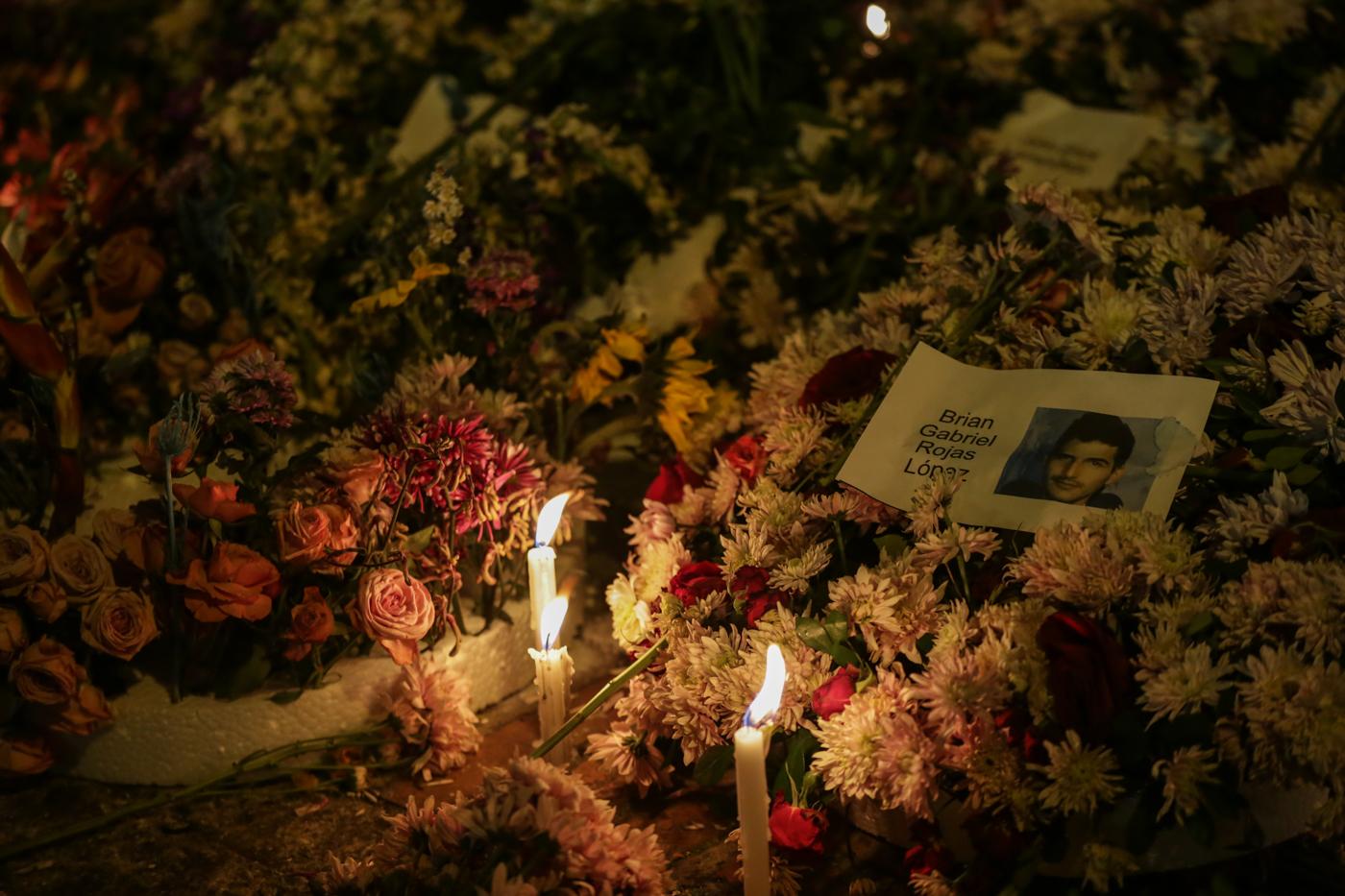Public Story
Colombian Hearts Awaken: Voices in Protest Resonate
While primarily peaceful, there were some instances of violence during the protests, leading to overnight curfews in cities like Cali and Bogotá. These protests were among the largest mass demonstrations witnessed in Colombia in recent years. The second phase of the protests, which started on September 10, 2020, became more violent and resulted in 17 deaths.
Iván Duque faced criticism from human rights organizations for his stance on the Colombian peace process with the Revolutionary Armed Forces of Colombia (FARC). Violence in rural areas of Colombia led to the deaths of indigenous leaders. Both FARC and the right-wing Colombian government were accused of human rights violations and of violating the peace treaty signed in Havana, Cuba in 2016.
The initial protests on November 21, 2019, involved hundreds of thousands of Colombians throughout the country, with the government deploying 170,000 troops in response. The Colombian government also closed its borders. The protests were part of a broader wave of demonstrations in Latin America, with protesters showing solidarity by displaying flags from countries like Chile and Ecuador and chanting anti-violence slogans.
During these protests, there were clashes between police and demonstrators, attempts to storm the Congress of Colombia building, and violence near the country's international airport. In Bogotá, 68 out of 138 TransMilenio stations were vandalized, and the mayor of Cali imposed a curfew due to the violence. On the first day of protests, three people were killed, with 98 arrests and 273 injuries reported among protesters and security forces.
Juancho Torres / Anadolu Agency
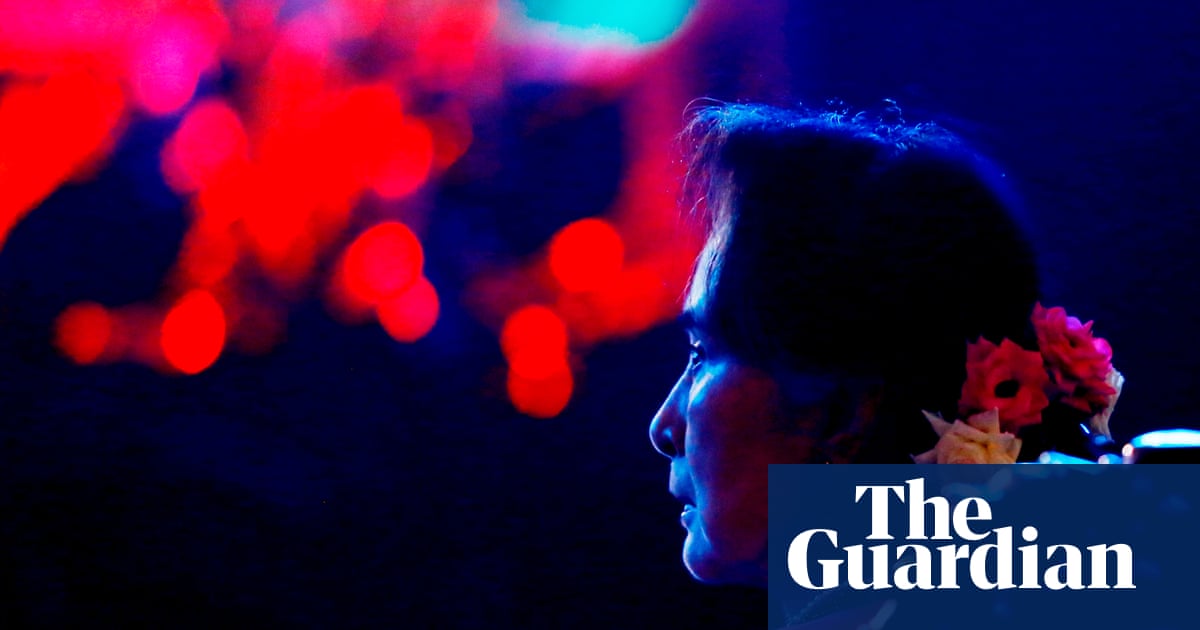 Bogotá clashes and a Brexit manifesto: Friday's best photos
Bogotá clashes and a Brexit manifesto: Friday's best photosThe Guardianâs picture editors select photo highlights from around the world
Theguardian.com

